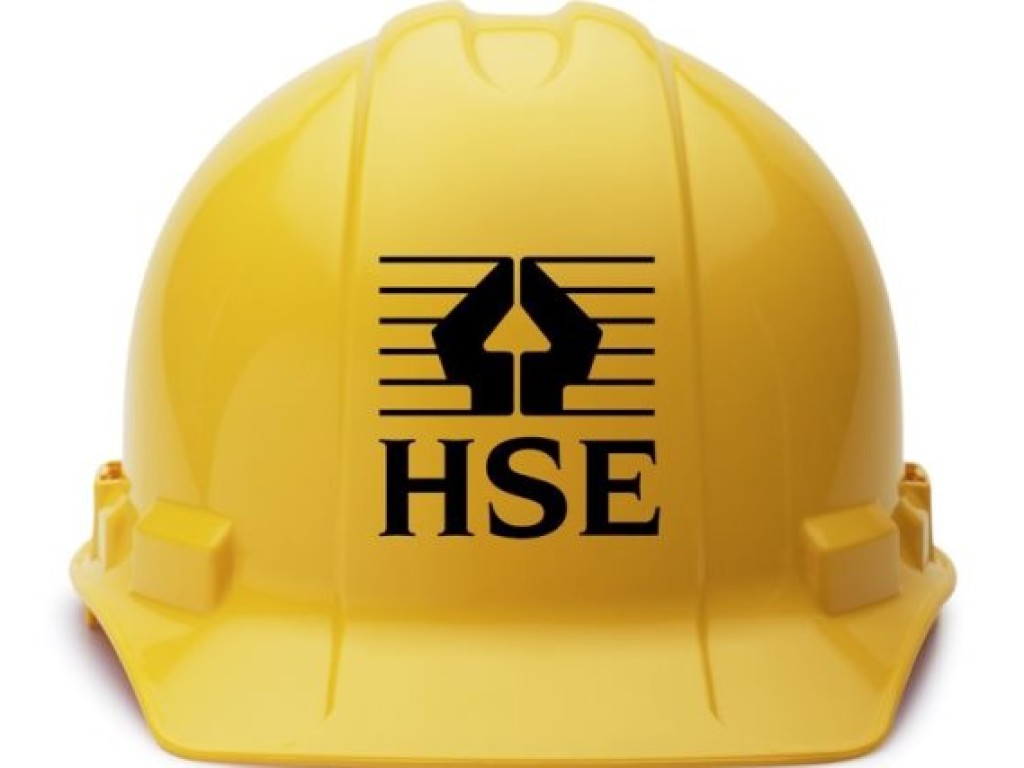Information
-
Document No.
-
Audit Title
-
Client / Site
-
Conducted on
-
Prepared by
-
Location
-
Personnel
Section 1 - HSE Management
1.1 HSE Overview
-
1.1.1 Does your organization have a written QHSE Policy?<br>
-
1.1.2 Does your organization have a QHSE Managment System? Is it certified by a recognised independent authority (e.g. N.S.C.A., Safety MAP, WorkCOver-Self Insurer, ISO 9001, ISO 18001, AS/NZS 4801, ISO 14001?
1.2 Responsibilities
-
1.2.1 Are QHSE responsibilities clearly identified for all levels of staff?
1.3. HSE Consultation
-
1.3.1 Is there a workplace QHSE committee or regular meetings conducted with employees (e.g. safety meetings, tool box talk etc.)?
-
1.3.2 Are employees involved in decision making over QHSE matters?
-
1.3.3 Does your organization have a QHSE representative? Have they received HSE training?
-
1.3.4 How does your organization identify and communicate QHSE issues (e.g. legislative, regulatory, industry)?
1.4 QHSE Management System
-
1.4.1 Is a documented risk assessment tool in place or conducted prior to the commencement of a job (i.e. risk identification, assessment, control and review procedures - SWMS, JSEA, etc.)?
-
1.4.2 Does your organization have a permit to work system (e.g. Hot Work, Confined Space, etc.)?
-
1.4.3 Does your organization have a process for the selection, assessment, monitoring and review of sub-contractors that incorporates HSE requirements?
-
1.4.4 Do you have procedures in place for the maintenance & inspection of plant equipment owned and/or operated by your organization (e.g. front end loader/backhoe, excavator, compressor, borer, electrical equipment, fire-fighting equipment, forklift, etc.)?
-
1.4.5 Do you have procedures for selection, use, storage, handling, spill management & disposal of hazardous substances and dangerous goods (e.g. corrosives, poisons, flammable liquids and gases, etc.)?
-
1.4.6 Do you have procedures for identifying, assessing and controlling risks associated with manual handling (e.g. controls in place - hand trucks, forklifts, cranes, etc.)?
-
1.4.7. Does your organization have procedures to prevent & reduce environmental emissions & damage?
-
1.4.8 Do your environmental procedures address containment and recovery processes?
-
1.4.9 Does your organization have emergency response plans and/or management process? (e.g. fire, medical emergencies, environmental issues, etc.)?
-
1.4.10 Does your organization conduct regular HSE audits of your HSE Management System by external parties?
1.5 Hazard Management
-
1.5.1 Is there a process by which employees can report hazards at workplaces (and potential health, safety & environmental hazards)?
-
1.5.2 Provide an example of the Hazard Management process to be used by your organization. (e.g. identification, assessment, control & review).
-
1.5.3 Does this process involve a regular Hazard Register?
-
1.5.4 How does your organization communicate hazards to your employees and your sub-contractors?
1.6 HSE Training & Induction
-
1.6.1 Describe how HSE Training & Induction is conducted in your organization (e.g. confined space entry training, new hire orientations, first aid, waste management & disposal, etc.)
-
1.6.2 Are records maintained of all training (certificates & licenses) and induction programs undertaken for employees (existing and new employees) in your organization?
-
1.6.3 How does your organization plan to manage inductions for personnel involved in projects with ISS?
-
1.6.4 Is there other specific HSE training for employees?
1.7 HSE Workplace Inspection
-
1.7.1 Does your organization have a process for regular (e.g. weekly, monthly) HSE inspections at worksites?
-
1.7.2 Are standard workplace inspection checklists used to conduct health, safety and environmental inspections?
-
1.7.3 How is information presented to stakeholders (i.e. workers, management, clients, etc.)?
1.8 Incident Management
-
1.8.1 Is there a documented incident management and investigation procedure?
-
1.8.2 Is there a system for the notification of incidents to regulatory agencies?
-
1.8.3 Is there a system for investigating incidents to determine root causes? Does the system identify and implement appropriate corrective actions?
1.9 HSE Offences
-
1.9.1 Has the organization had any enforcement activity or been convicted for a HSE offense in the past 3 years (e.g. improvement/prohibition notices, etc.)?
1.10 Quality
-
1.10.1 What systems are in place to demonstrate that all HSE requirements of a contract are being met and maintained (e.g. compliance with Standards, Codes of Practice and Specifications, etc.)?
Section 2 - HSE Performance Monitoring & Statistics
2.1 Performance Monitoring
-
2.1.1 Is there a system for recording and analyzing HSE performance statistics?
-
2.2.2 Are employees regularly provided with information on your HSE performance?
2.2 Statistics
2.2.1 Current Days Away/Restricted or Transfer (DART) Rate and DART Rate for previous 3 Years
-
Current - YTD: (use comment to add rate)
-
Year 1: (use comment to add rate)
-
Year 2: (use comment to add rate)
-
Year 3: (use comment to add rate)
2.2.2 Current - YTD Number of First Aid Injuries and for previous 3 Years
-
Current - YTD: (use comment to add rate)
-
Year 1: (use comment to add rate)
-
Year 2: (use comment to add rate)
-
Year 3: (use comment to add rate)
2.2.3 Total Recordable Incident Rate (TRIR) for current year and previous 3 Years
-
Current - YTD: (use comment to add rate)
-
Year 1: (use comment to add rate)
-
Year 2: (use comment to add rate)
-
Year 3: (use comment to add rate)
2.2.4 Number of Environmental Incidents & Non-Compliances for current YTD and previous 3 Years
-
Current - YTD: (use comment to add rate)
-
Year 1: (use comment to add rate)
-
Year 2: (use comment to add rate)
-
Year 3: (use comment to add rate)
Summary/Grading----Check Yes to ONE
-
SUPERIOR - Has well exceeded all requirements
-
ADVANCED - Has exceeded some minimum requirements
-
ACCEPTABLE - Has met all minimum requirements
-
NOT ACCEPTABLE - Has only met some minimum requirements
-
NOT ACCEPTABLE - Has not responded or met any requirements
Persons Participating in Audit Print/Sign
-
Sign Name
-
Sign Name
-
Sign Name
-
Sign Name
-
Sign Name








